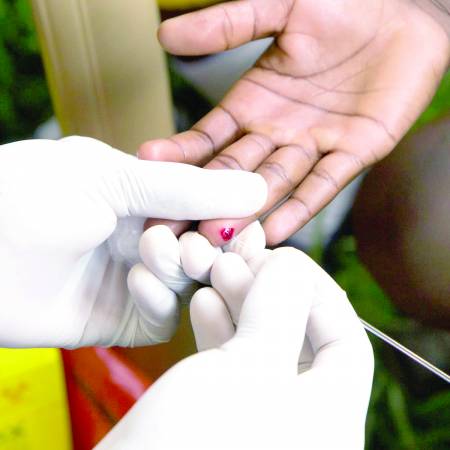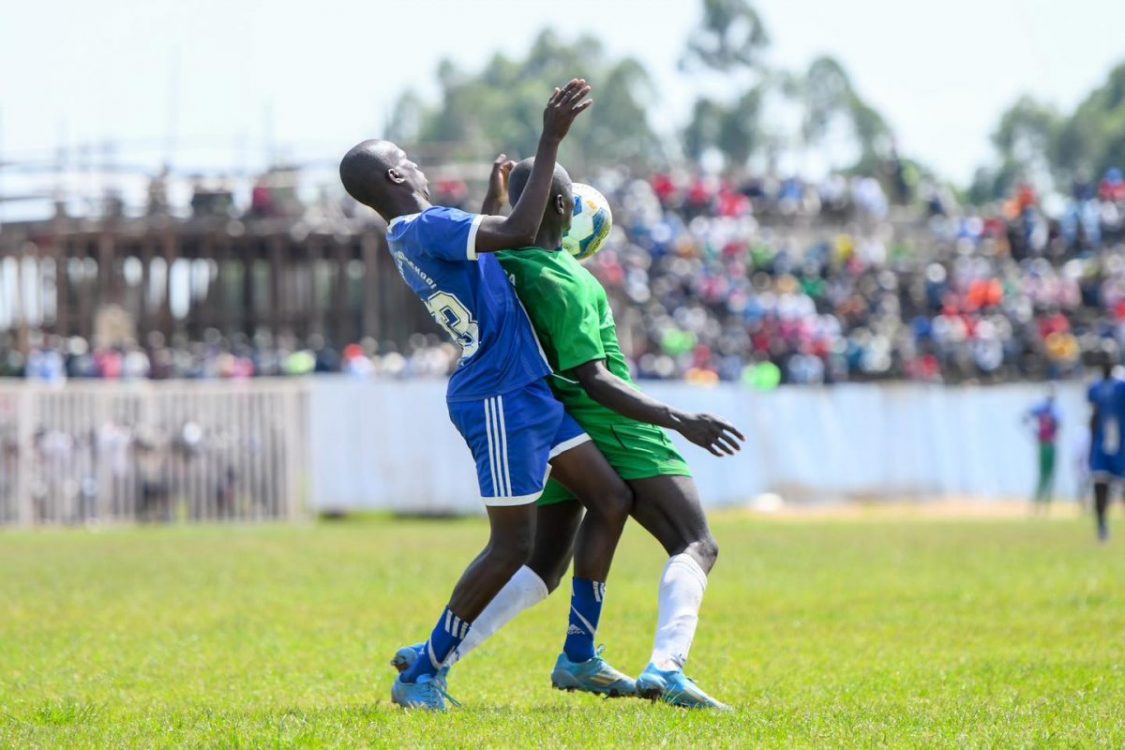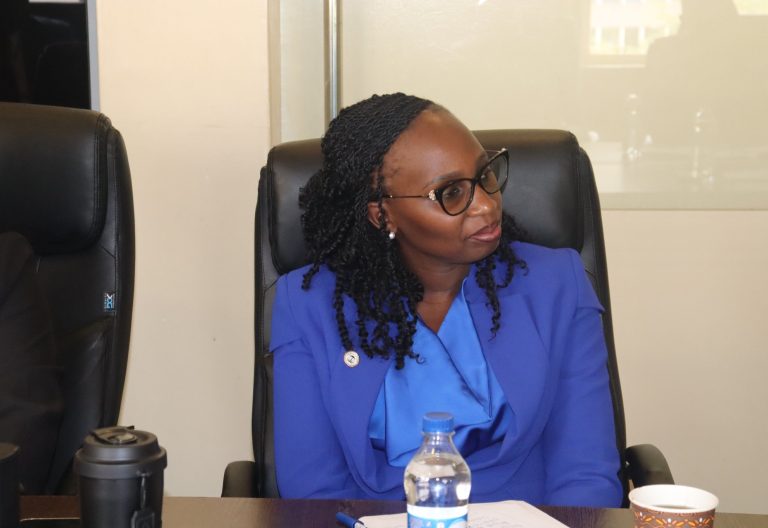Government calls for measures to curb New HIV infections and teenage pregnancies in Nakuru county

Nakuru County has recorded an increase in the number of new HIV infections among teenagers, according to latest Government statistics
According to HIV Estimates 2022 released by the National Syndemic Diseases Control Council (NSDCC), 297 teenagers aged 10-19 were infected with HIV contributing to about 20 percent of new cases recorded in the county in 2021, which stood at 1,496.
The report indicated that four sub-counties contributed 52 percent of the devolved region’s HIV infections in that year. Naivasha reported 59 cases, Nakuru West 36, Nakuru North 30 and Njoro 29.
“Kenya has an estimated 5,123 adolescent new HIV infections (99 new infections every week) with Nakuru County contributing to 6% (297), translating to six every week in the county in 2021,” the report said.
National Syndemic Diseases Control Council CEO Dr Ruth Masha appealed to leaders to help eradicate cultural practices that expose young people to early pregnancy, HIV/AIDS and sexual violence.
Speaking during a sensitisation drive at Davison Primary School in Njoro Sub-county on Tuesday, Dr Masha listed poverty, early sexual debut, substance abuse and transactional sex as some of the factors exacerbating the triple threat burden.
While AIDS-related deaths among adolescents in the county reduced by 46 percent between 2015 and 2021, knowledge about HIV prevention among young people between 15-24 age group was high among women than men.
The report pointed out that 54.3 percent of women knew how to prevent the infection compared to 35.1 percent of men. Some of the prevention steps included condom use and routine testing.
Despite a marginal reduction of pregnancies cases among adolescents between the ages of 10-19, the issue is still a major concern especially for those aged between 10 and 14. The county reported 8,426 cases last year down from 11,469 recorded in 2021.
The report established that the rate of adolescents attending antenatal care (ANC) has been on a gradual decline, with 12 percent being recorded last year against the 18 percent registered for ANC in 2016.
The total number of adolescent pregnancies recorded between 2016 and 2022 at the county level stood at 91,465, with the report pointing out that “between 2018 and 2022, adolescent pregnancies have declined by 53% (from 18,040 in 2018 to 8,423 in 2022) in the county”.
On a national scale, a similar pattern was exhibited following the 39 percent decline in the proportion of 10-19 adolescent pregnancies between 2018 and 2022.
At the same time, instances of sexual and gender-based violence (SGBV) have soared, with 42 percent of the 2,529 cases registered in the county last year attributed to adolescents in the 10-17 age pool.
Nakuru East sub-county topped the list of most SGBV cases recorded with 232, as Naivasha, Njoro and Nakuru West followed with 211, 204 and 160 cases, respectively.
Dr Masha challenged parents to advice their children about the downside of social media, which lure young people to errant behaviours.
“Let’s work hard to break the poverty cycles among our girls that lead to early marriages, or practices such as for basic needs such as sanitary towels. Let’s speak out against the detrimental myths and misconceptions,” she urged.
Additionally, Governor Susan Kihika underscored that the triple threat challenge should be eradicated because it has hindered the socio-economic progress of adolescents and young people.
During a sensitisation meeting with community leaders at Davison Primary School in Njoro Sub-county on April 25, Governor Kihika said practical solutions will be adopted to prevent the challenges from ballooning.
“These challenges have persistently compromised our social fabric and contributed to major social and economic inequalities. The Department of Health has put in place measures that have proven to be working for us in mitigating the impact of the scourge and also to contain it,” she said at the occasion event dubbed ‘End the Triple Threat among Adolescents’.
Governor Kihika called for strong partnerships and prioritisation of national and county efforts towards tackling the three-faced scourge.
National and county government leaders including the regional commissioner and community health volunteers were urged to promote constructive discourse around the issue.











